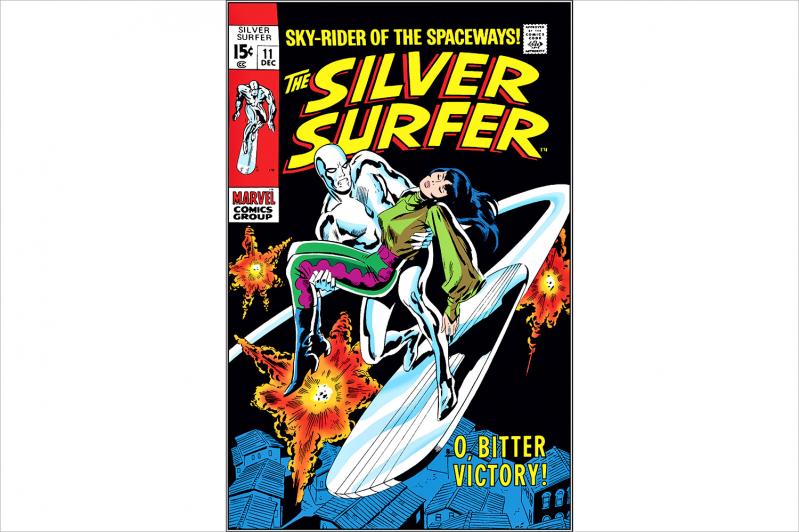I spent two hours reading comic books the other afternoon as part of a deal I made with myself to spend some time alone doing something enjoyable and cheap. I was resistant to doing it at first, doubting whether I’d enjoy it before even trying. But I was so happily intrigued and entertained during that time.
I started by reading Calvin and Hobbes, which is hilarious. Calvin’s relentless imagination and drive for fun is relatable. He maps what he’s doing in his physical reality onto some vast fantasy world, which is genius.
Then I read an old Star Wars comic I had about Jango Fett’s back story. Star Wars literature is interesting because it really humanizes the villains, who are often portrayed as “cool” but purely evil in the movies. This comic balanced action with character building in a really artful way. It was also deeply sad, dealing with death and loss and misguided political violence, some of which implicated the noble Jedi.
Next I read The Uncanny X-Men, which might be the comic I remembered best all these years because of how profoundly beautiful it is. This story was about a young mutant in Canada who is bullied. Feeling alienated, he wishes he either had cooler powers, or no powers. There is this great part where he is lying at the bottom of a pool (I’ll have to go back to that). He finds a hidden gun, is perhaps suicidal? But then the X-Men show up to provide him with an opportunity to join them. His dreams come true — but as this is happening the other X-Men’s mission is going horribly wrong, complicating the young mutant’s arrival.
The Hulk comic I read had edgy illustrations and a solid villain. Not the most compelling or nuanced story, but it held my attention.
Last but not least, I read the first issue of The Silver Surfer, which was absolutely brilliant. It had such a thorough back story, combining personal history, character values, outlook, philosophy, dreams, and resentments.
What I like about the character is that he has a sort of restless romantic spirit, much like the Beat figures I admire. He resents that, in his utopia, nothing is earned — the painful beauty of purpose-driven work is absent. There is nothing to strive or long for, nothing to work toward. He romanticizes the struggle of first exploring and settling new planets, until his planet is invaded, and he offers to search the galaxies for eternity if the evil Galactus will spare his home planet, where his lover remains.
The Silver Surfer has a memorable line, something to the effect of “a world unearned is not an accomplishment, it is but a world of shadows.” I noticed he also took his lover for granted, it seems — too preoccupied with his own longings. He is banished to roam the galaxies on a silver surfboard.
The story also had great commentaries on the human race: “the age of war” and the destruction of the planet. The Silver Surfer claims the earthly parliament is a mockery because humans are guarded by computers. I found this to be a particularly interesting critique in the wake of the recent cybersecurity attack on Suffolk County, and given the apparent utopia we live in here in East Hampton.
Stories like these have always bridged a gap between the mundane and the extraordinary for me. As a reader, I can access other worlds through them from my own everyday position. On a more literal level, the panels can jump from something action-packed or funny to something quite commonplace within the same fantastical setting.
It is ultimately not the supernatural abilities of comic book heroes, or their epic battles against their enemies, that is the most compelling aspect of these stories, but their more human moments amid these spectacular ones. Oftentimes comics will use what is extraordinary to build scenes that are somehow ordinary and relatable, which is where I find comics most inspiring.
In my life, however, the opposite has been the case. It is the times when I have been least expecting something extraordinary to happen when something extraordinary has happened, and paying attention to the things that seem mundane that has made them appear extraordinary.
Nicholas James Smith is a musician and writer living in East Hampton.

